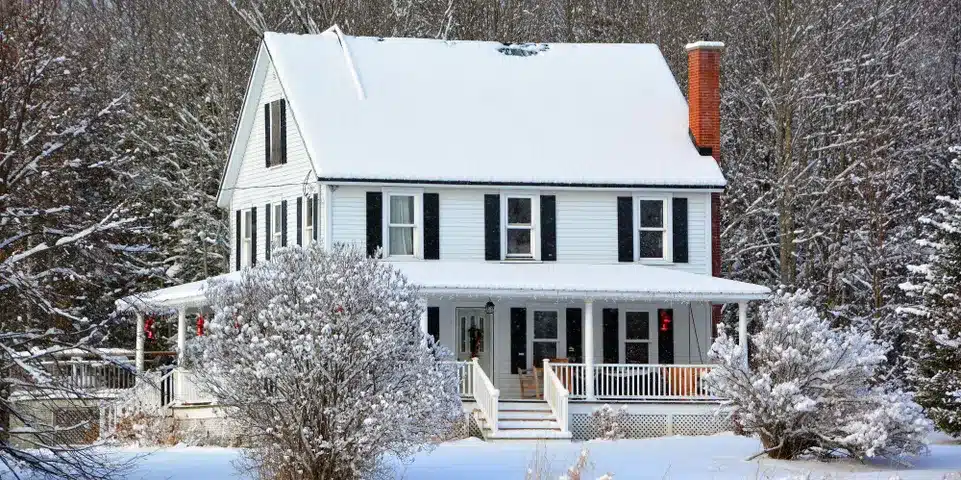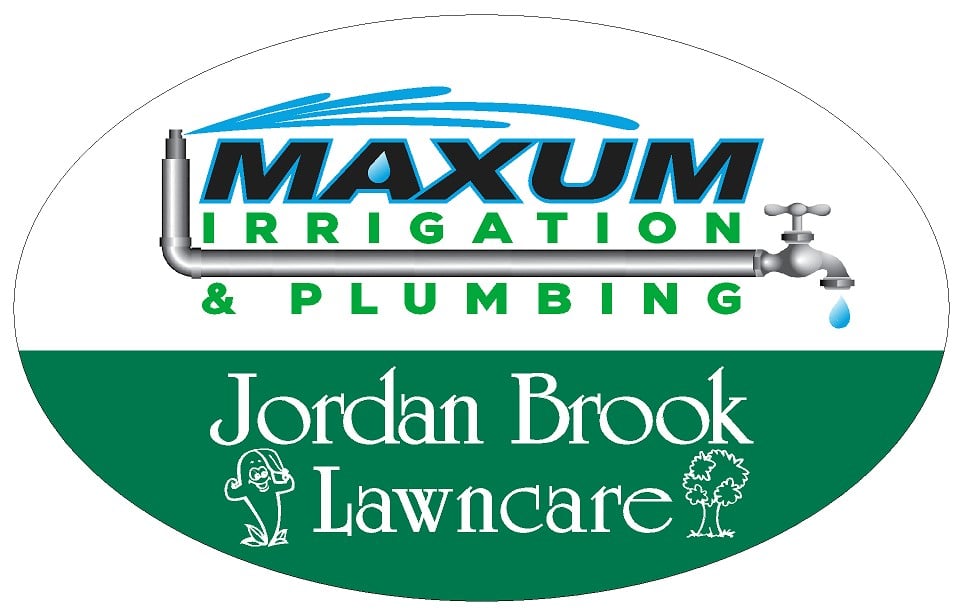During the winter, your perfectly manicured landscape will have to endure harsh conditions. Snow, ice, heavy winds, and freezing temperatures can take a toll on your grass, quickly undoing the hard work your sprinkler system put in during warmer weather. If you’re concerned about how snow will affect your grass and what you can do to minimize the problem, here’s what to know.
How Does Snow Damage Grass?
One of the biggest risks to your grass during winter is crown hydration. This is caused by fluctuating temperatures.
When temperatures rise on a particularly sunny day and snow melts, your grass can be tricked into thinking it’s spring, and the plant will start to reactivate. When temperatures drop below freezing again at night, hydrated cells in the crown of each grass blade can expand, burst, and cause death.
The fungal disease known as snow mold can also set in underneath layers of snow cover should they remain and continue to build throughout the season. In some situations, winter desiccation can set in when grass remains frozen without any snow cover, hindering roots from absorbing moisture.
What Can You Do to Prevent These Issues?
While your landscape may seem to go dormant during the winter, year-round maintenance is highly encouraged. By having a professional monitor and tend to your grass through every season, they can identify early signs of snow mold and desiccation.
Ensure that you have irrigation experts properly winterize your sprinkler system so that it’s ready to go when the spring arrives. Properly hydrating the grass as soon as possible can revitalize dead spots.
If you’re looking for a sprinkler system specialist to ensure your lawn stays vibrant, contact Maxum Irrigation & Plumbing in Waterford, CT. With a reputation for effective lawn irrigation and sprinkler installation, residents and business owners count on them for eco-friendly solutions at competitive prices. For more information on their specialties and to read testimonials from previous clients, visit their website. Call (860) 525-7000 to schedule an appointment.


